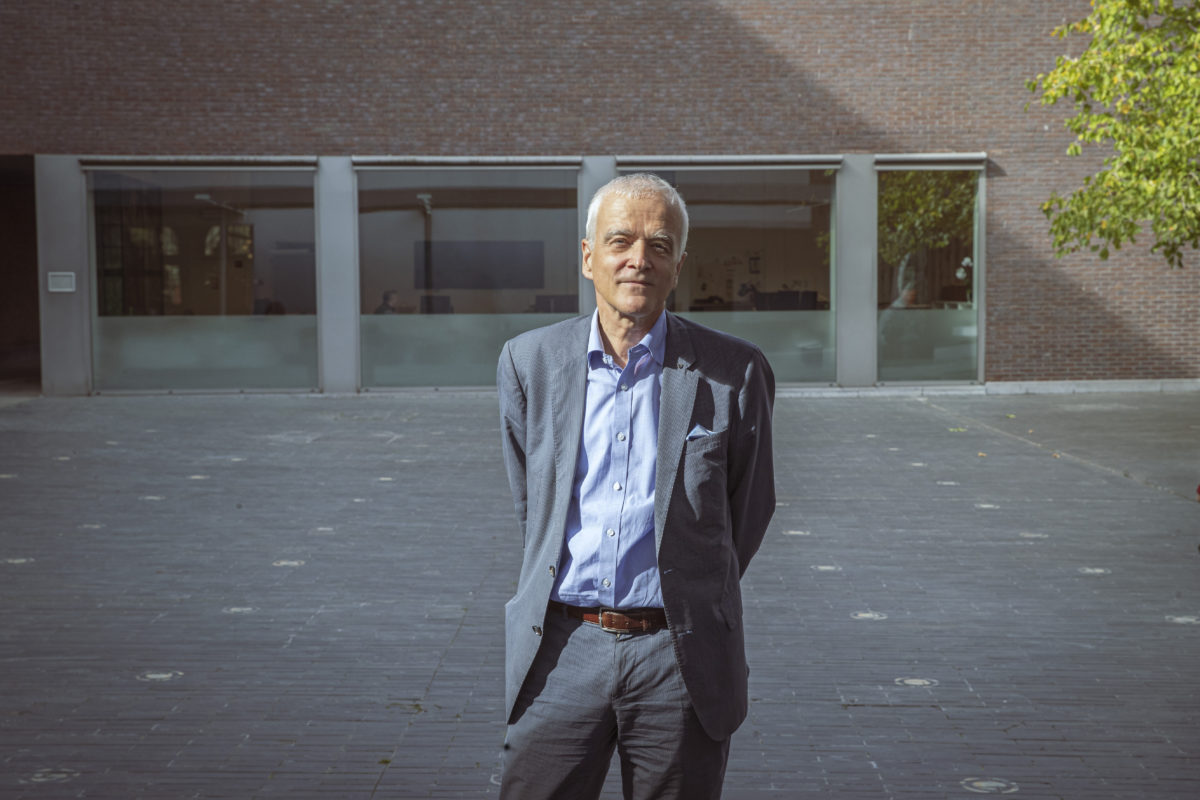By Professor Herman Van Goethem, Rector of the University of Antwerp
When I gave my first academic opening speech as a rector in September 2016, I couldn’t have anticipated the future. Hilary Clinton though she had the presidency in the bag, but we knew better a mere month and a half later. From 2017 onwards, we were subjected to four years of Donald Trump.
The result? Ideological polarisation that is present – and still growing – all over the world. The COVID pandemic, which sunk its claws into us in 2020, didn’t help matters. Vaccinations and measures threw a bit more oil on the fire. 2022 saw the start of the war in Ukraine. And all of this against a backdrop of more and more extreme climate change.
Our university turned out not to be immune: polarisation also made its way to our campuses. Scholars were criticized, and not just our COVID experts either. Which makes sense, as the University of Antwerp isn’t an island: we are connected to the world around us in countless ways. But fake news and politicisation often cloud the discussion, resulting in all-or-nothing thinking.
In such a context, and now more than ever, universities – as nodes of education, research and service provision – are beacons for building tomorrow’s world on a foundation of our own expertise. And we’ll stand our ground and continue to do so, as evidenced by our new platform Stroom.
As an intellectual centre, separate from political action, it’s our ambition to offer multifaceted reflection on all social questions and challenges. While themes like fake news, migration, war and climate may deter people, UAntwerp will honour its pluralist character and promote content-based dialogue.
Instead of avoiding difficult themes, we facilitate an open forum, where everything is up for discussion and everyone can be heard. After all, we can only continue to learn by continuing to listen. Does that mean we have to agree all of the time? Of course it doesn’t. It is our academic duty to debate, but also to apply nuance and look for equilibrium.
We can only strive for excellence if we admit growth. By no means does that mean effacing or ignoring the past, but it does mean subtly adding layers of meaning to our history. And it means looking for alternatives for what’s to come, to combat polarisation and encourage respectful dialogue.










